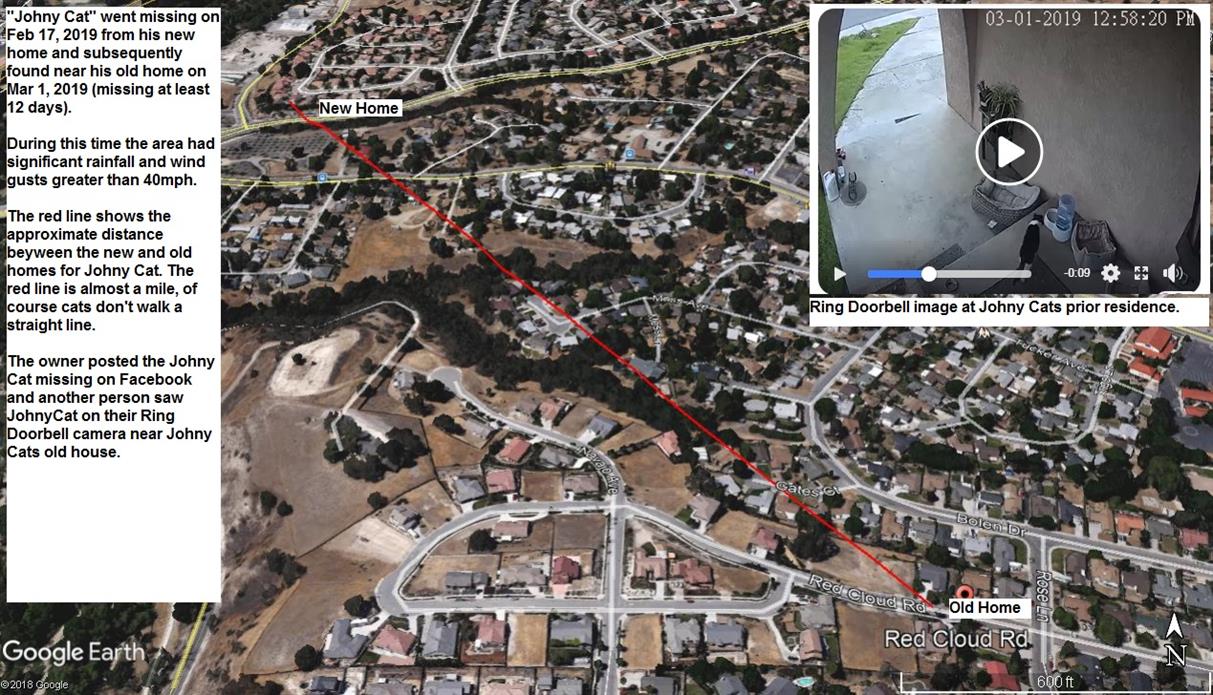

Top Reasons Cats Go Missing - In no particular order
Sick or Injured
A cat with a chronic illness or acute injury will often seek refuge by hiding
Intentionally moved away from home
If your cat is friendly, someone may take your cat until it is no longer convenient, for example, a child picks up your cat and carries it to school.
Unintentionally moved from home
A cat may enter a parked vehicle only to be driven off before it can escape
Unfixed male or female mating
Unspayed and unneutered cats will behave differently during mating season which can lead them a long way from home.
Trapped
A common occurrence for cats, seeking shelter in a shed or garage or other outbuilding, and then gets closed inside by the unknowing owner.
Hunting
Cats know the seasonal variety for hunting and may wander or stay away from home longer when these seasons occur.
Better food source
If your outdoor cat is fed kibble, but your neighbor starts putting out smelly wet food for the local stray cat, your cat may start dining at your neighbors and potentially stay if the food is regular enough.
Jumped out of car away from home
A curious cat or one seeking shelter will often jump into or onto a parked vehicle. Once the vehicle is in motion it may be too late for the cat to bail out until it comes to a stop.
Family move from one location to another
An outdoor cat has a very strong urge to be "home". If you move, its natural instinct is to get back "home" and consequently will do whatever it can to get there.
Predation
Outdoor cats are subject to predation, leading to injury or death.
Vehicle traffic
Speeding cars are the biggest liability to a cat that lives or roams by a street or highway.
Hiding or sleeping nearby
Your cat may very well be inside your home or on your property, but in a location making it difficult to find.
Bored and lonely
If your cat is mostly left alone, its motivation to leave is increased dramatically
Chased
A loose dog or other animal has chased your cat away from home and it is hunkered down until it's safe to return.

